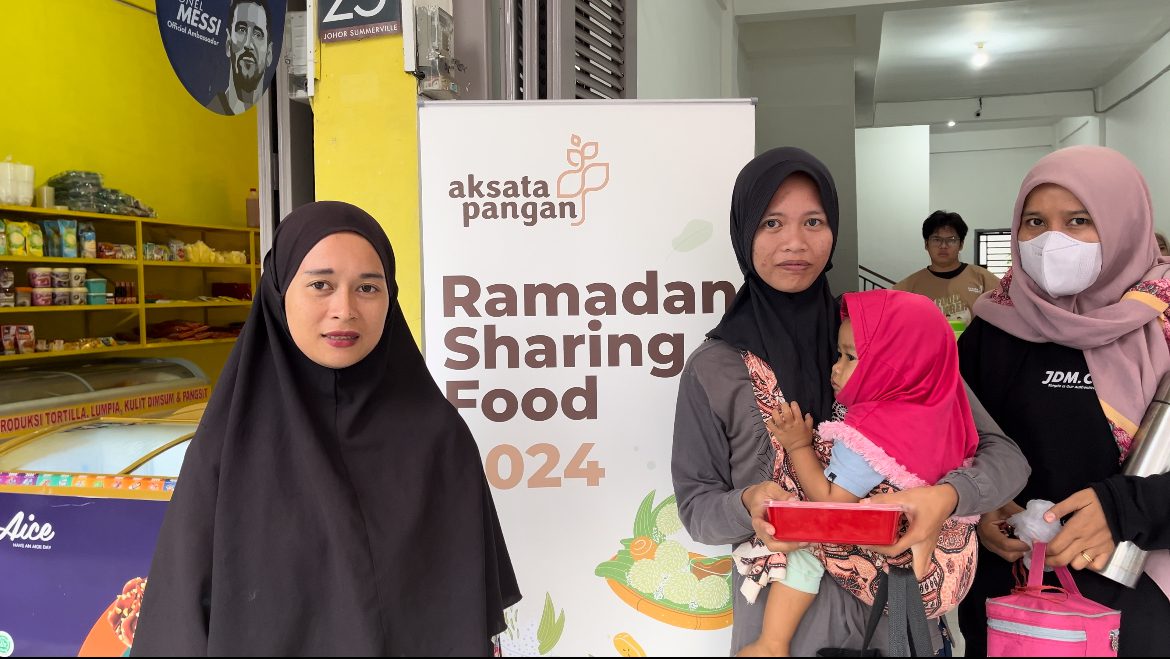







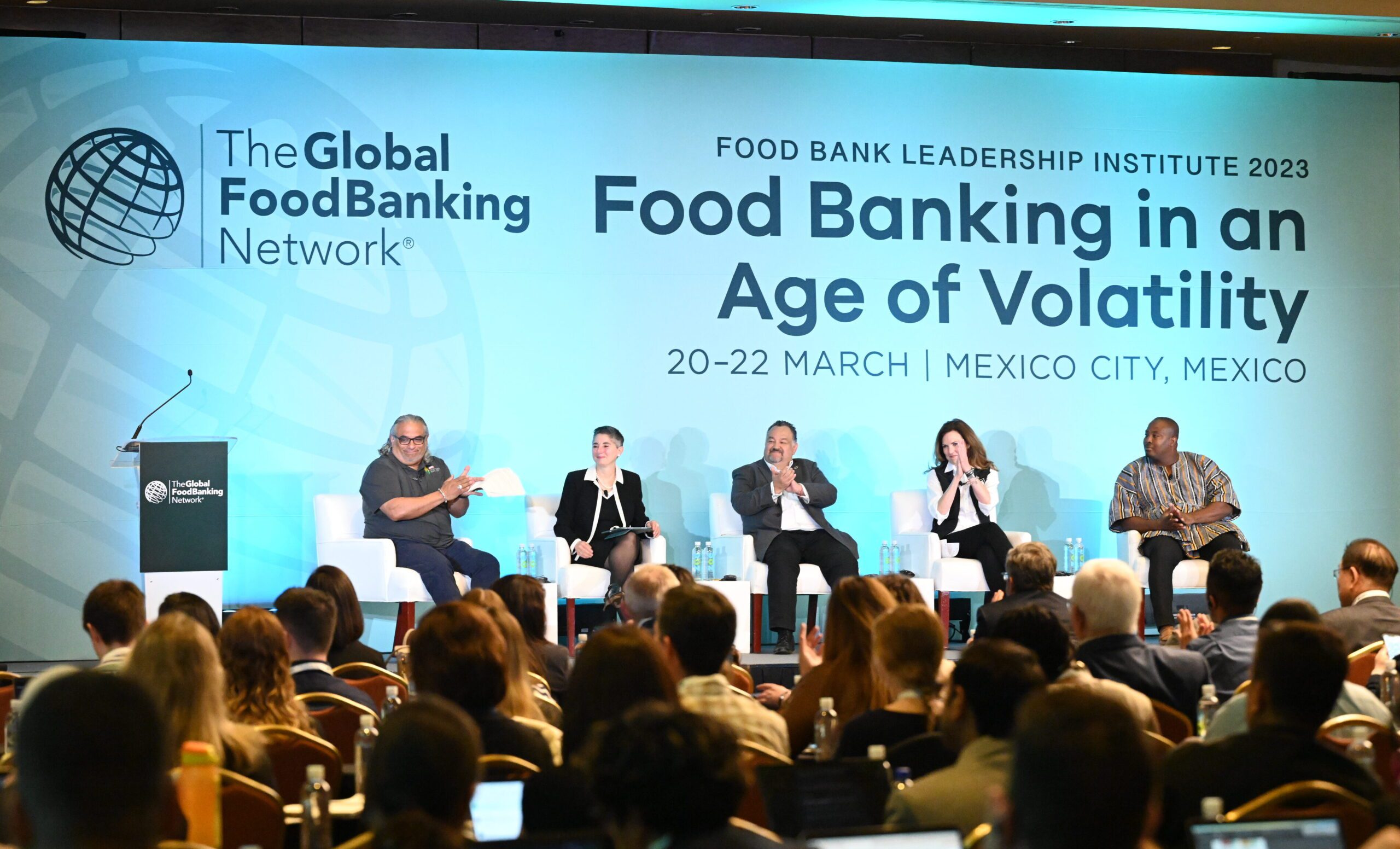
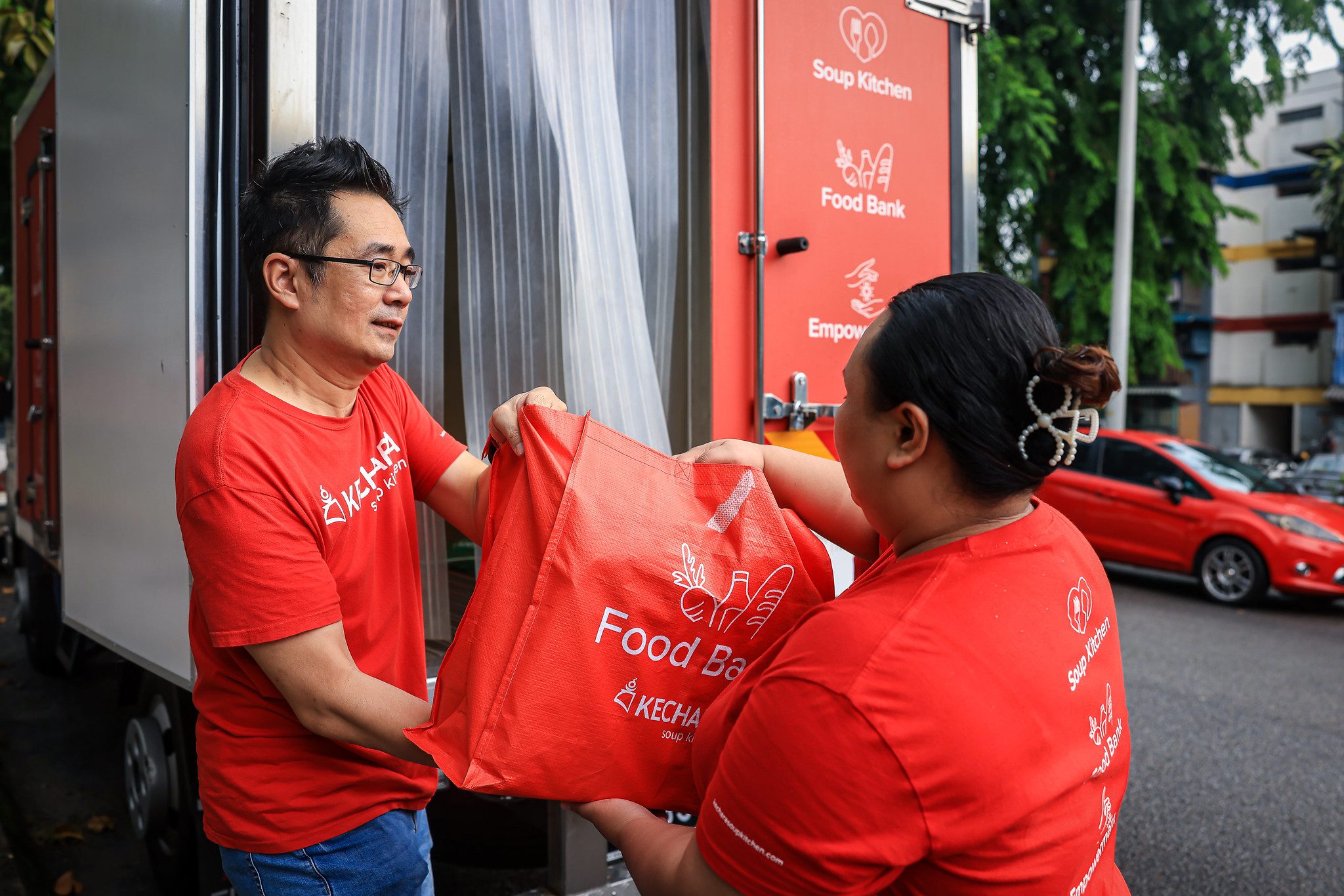
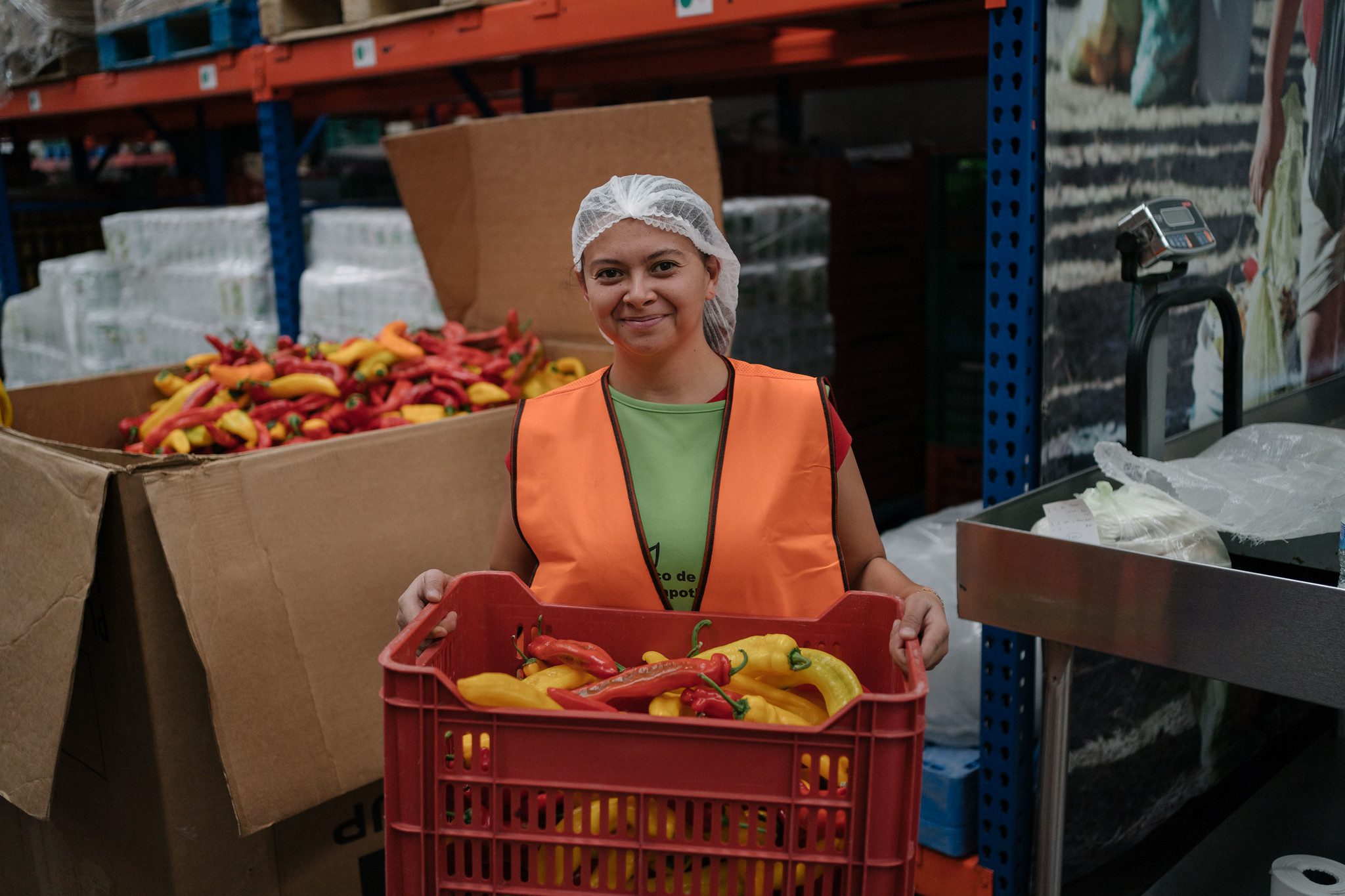
Food loss and waste occurs at every stage of the supply chain and generates significant social, environmental, and economic costs. New research from Harvard Law School Food Law and Policy Clinic and GFN offers comprehensive policy opportunities for national governments to help address the troubling mismatch between food waste and hunger.



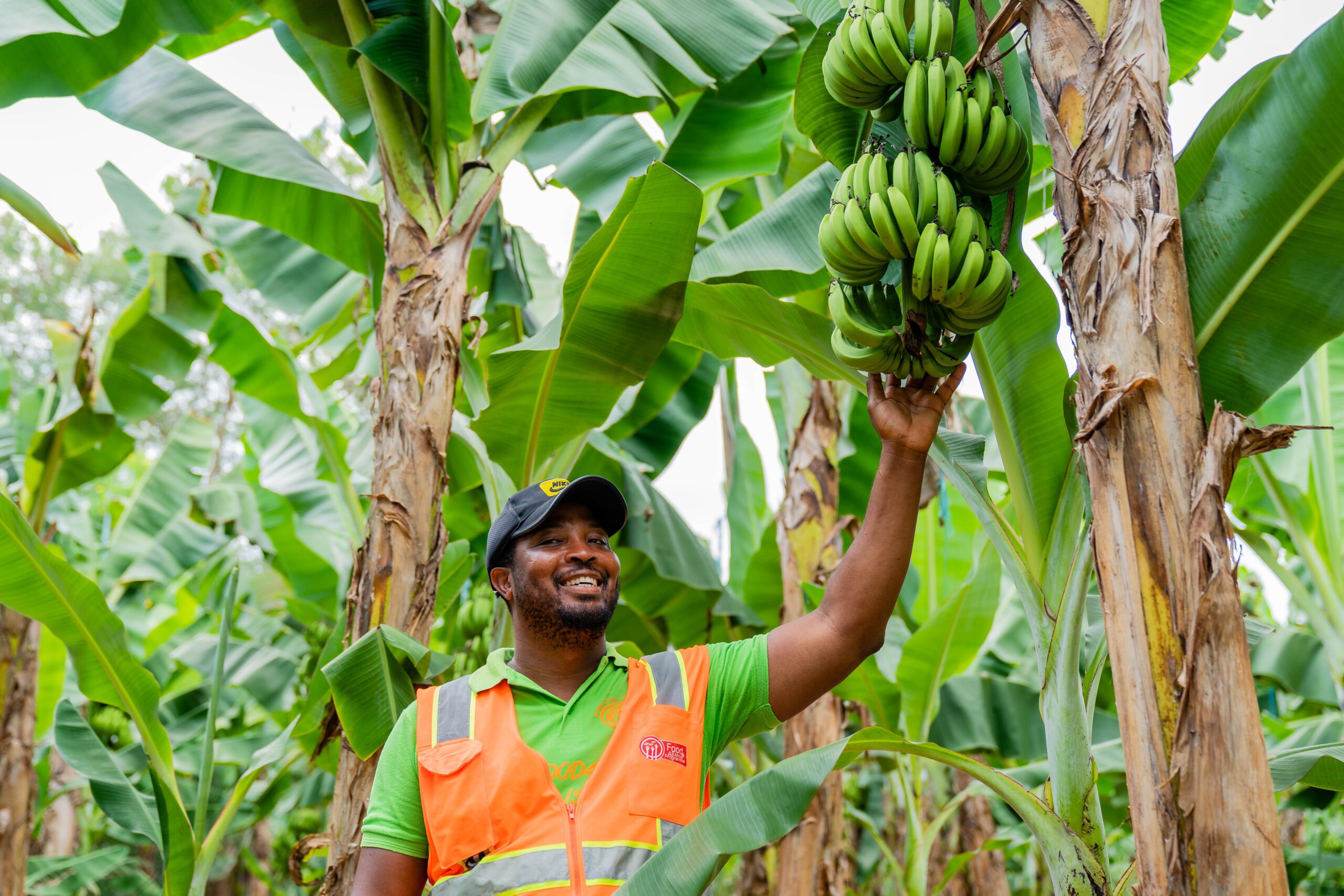
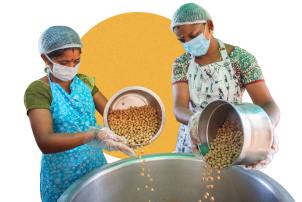

The boundaries, names, and designations used on this map or other materials on this website does not imply official endorsement or opinion of The Global FoodBanking Network or its partners.
